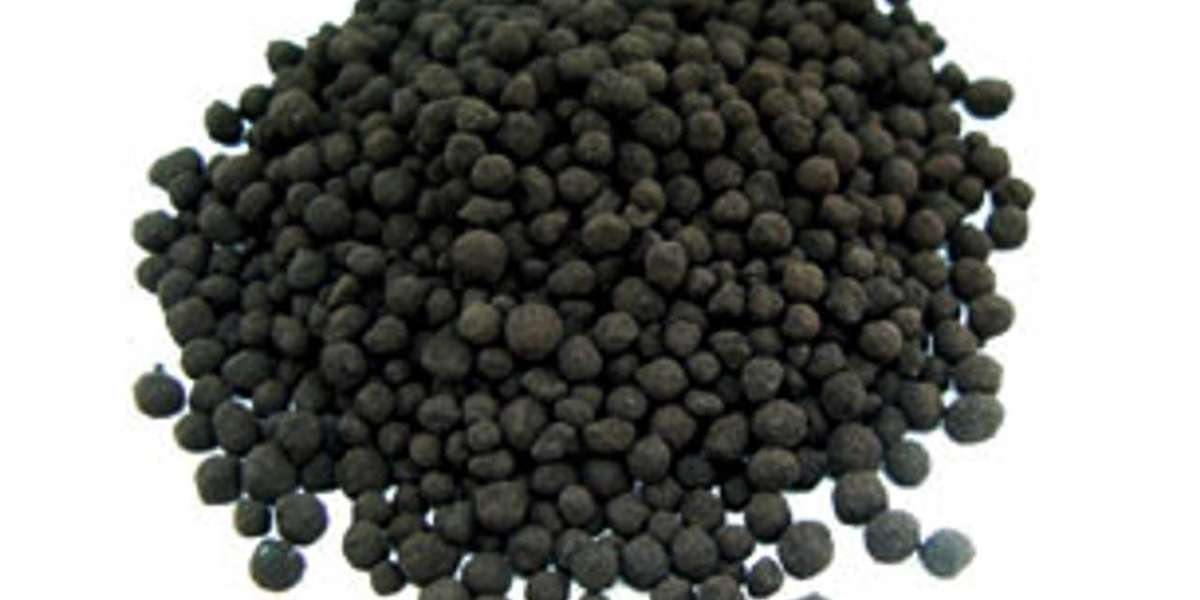Humic acid is an organic substance that has become increasingly popular in the world of agriculture and gardening due to its numerous benefits. It is a natural compound that is formed when organic matter, such as decomposed plant and animal material, undergoes microbial degradation over time. Humic acid is rich in nutrients, minerals, and organic compounds that promote plant growth and soil health. In this article, we will explore the benefits and applications of humic acid and how it can help improve crop yield and soil fertility.
Benefits of Humic Acid
Humic acid offers a wide range of benefits for plants, soil, and the environment. Here are some of the most notable benefits of using humic acid:
Improves Soil Fertility: Humic acid is known to improve soil fertility by enhancing soil structure, water retention, and nutrient availability. It helps to break down clay soils, allowing water and air to penetrate more easily, which improves root development and nutrient uptake.
Increases Nutrient Uptake: Humics acid contains a range of micronutrients, such as iron, zinc, and magnesium, that are essential for plant growth. It also chelates nutrients, making them more available to plants, which improves their absorption.
Boosts Plant Growth: Humic acid promotes plant growth by stimulating root development, enhancing seed germination, and increasing leaf and stem growth.
Enhances Crop Yield: The use of humic acid has been shown to increase crop yield by up to 20%. This is because it improves plant health, leading to better resistance to diseases and pests.
Improves Soil Structure: Humic acid helps to improve soil structure by binding soil particles together, creating a more stable and porous soil structure that allows for better water and nutrient retention.
Applications of Humic Acid
Humic acid can be applied in various ways, depending on the specific needs of the soil and plants. Here are some of the most common applications of humic acid:
Soil Conditioner: Humic acid can be used as a soil conditioner to improve soil structure and fertility. It can be applied directly to the soil or mixed with compost, manure, or other organic matter.
Fertilizer Additive: Humic acid can be added to organic fertilizers nz to improve their effectiveness. It helps to chelate nutrients, making them more available to plants, and also helps to prevent nutrient leaching.
Seed Treatment: Humic acid can be used as a seed treatment to enhance seed germination and root development. It can be applied as a coating on seeds before planting or mixed with the soil.
Foliar Spray: Humic acid can be applied as a foliar spray to enhance nutrient uptake and improve plant growth. It can be applied directly to the leaves of plants or mixed with water and sprayed onto the foliage.
Livestock Feed Additive: Humic acid can be added to livestock feed to improve digestion and nutrient absorption. It also helps to reduce the risk of digestive disorders and enhances the immune system.
Conclusion
Humic acid is a natural and effective way to improve soil fertility and enhance plant growth. Its benefits are numerous and can lead to higher crop yields, better soil structure, and improved nutrient uptake. Whether you are a farmer, gardener, or simply someone interested in sustainable agriculture, humic acid is worth considering as a valuable addition to your soil management practices.








